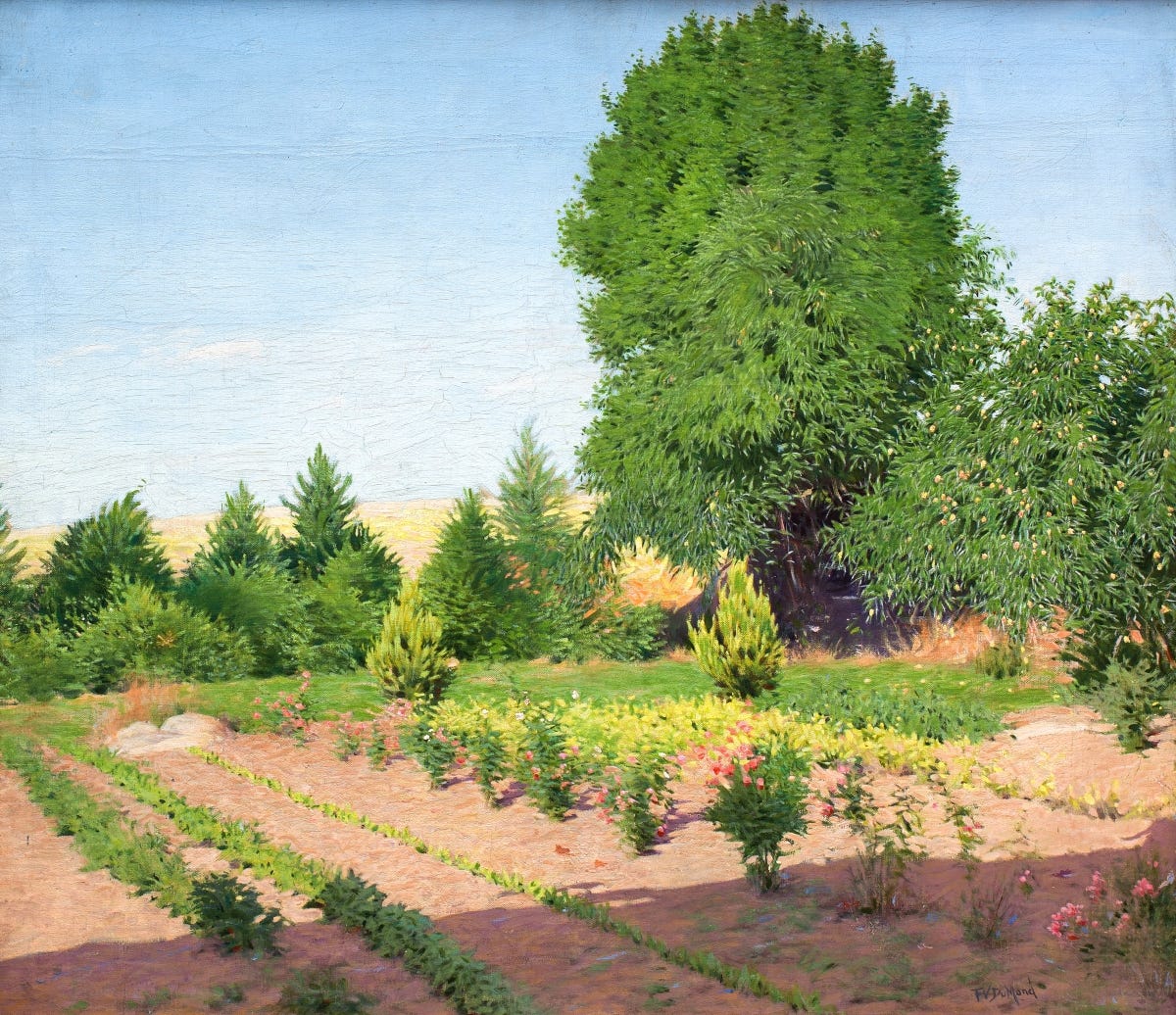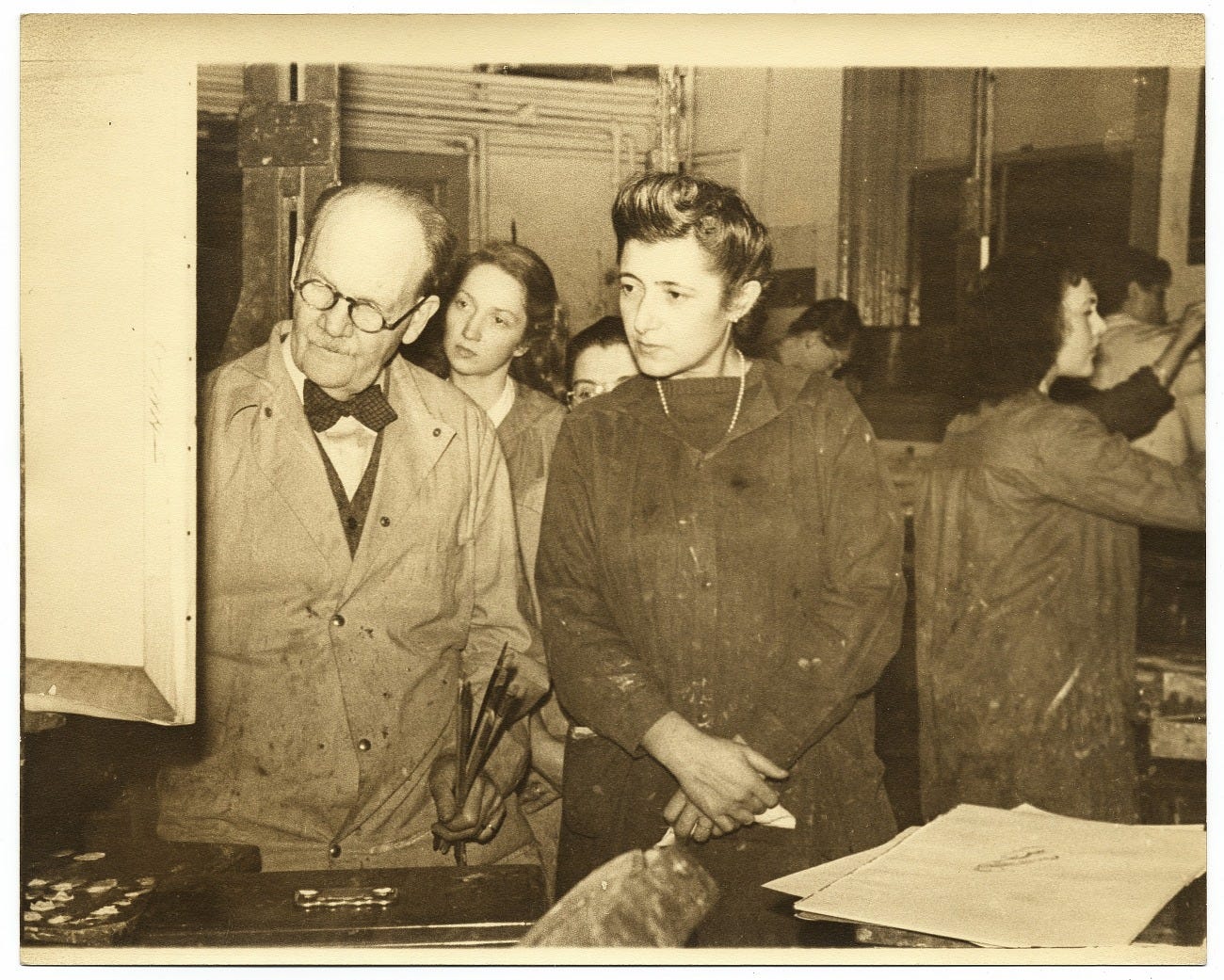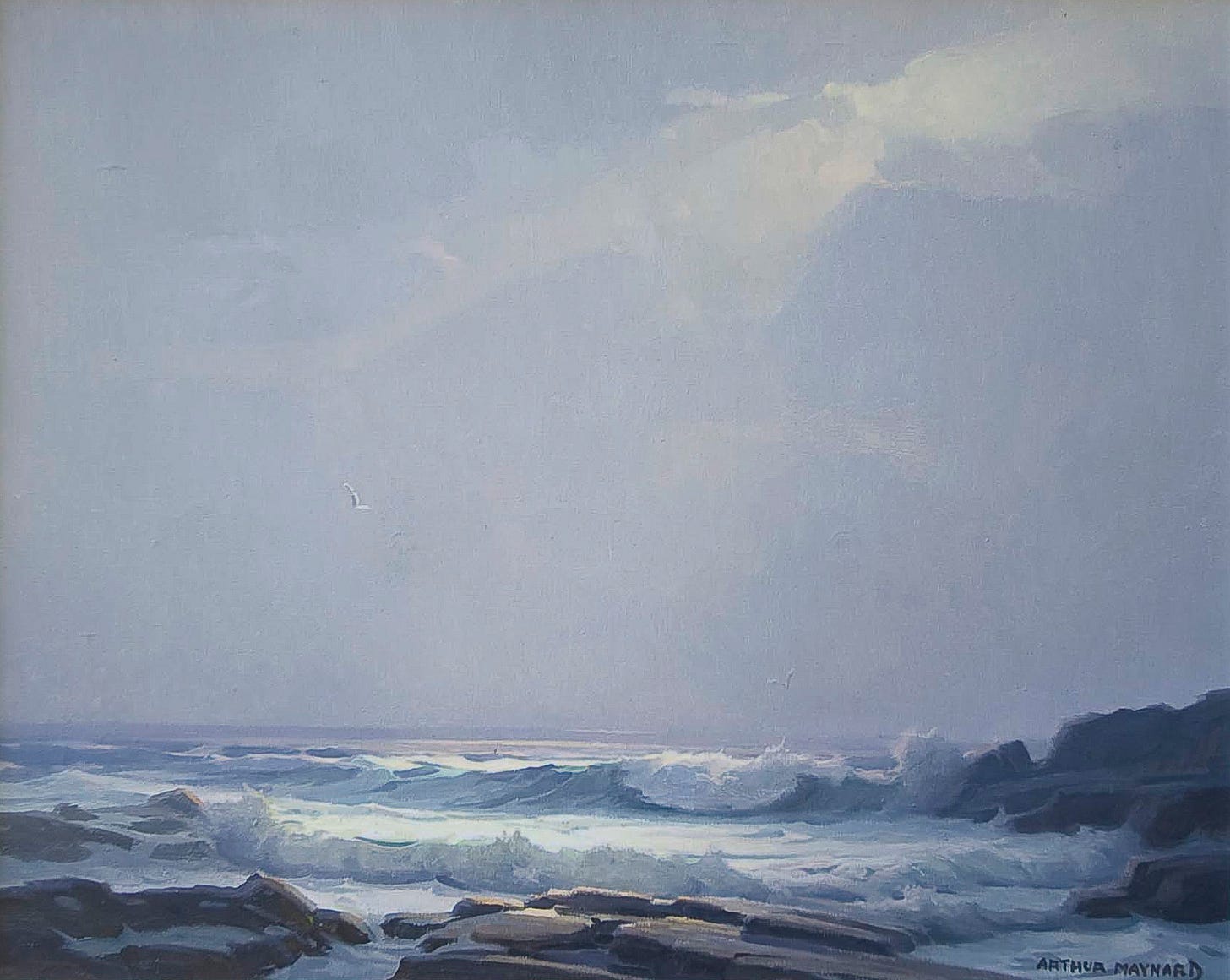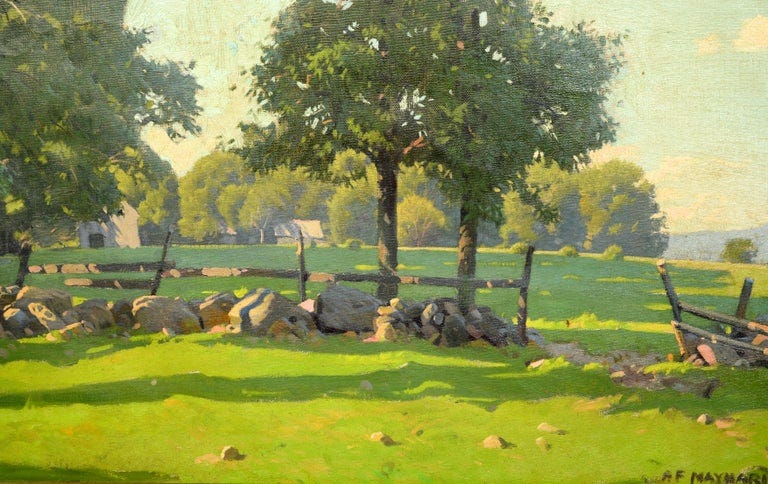In honor of #GivingTuesday, I interviewed Louise Grape, the woman who introduced me to the “other side” of cancer. Louise had never told her mother’s story publicly, and I’m honored to share it with you.
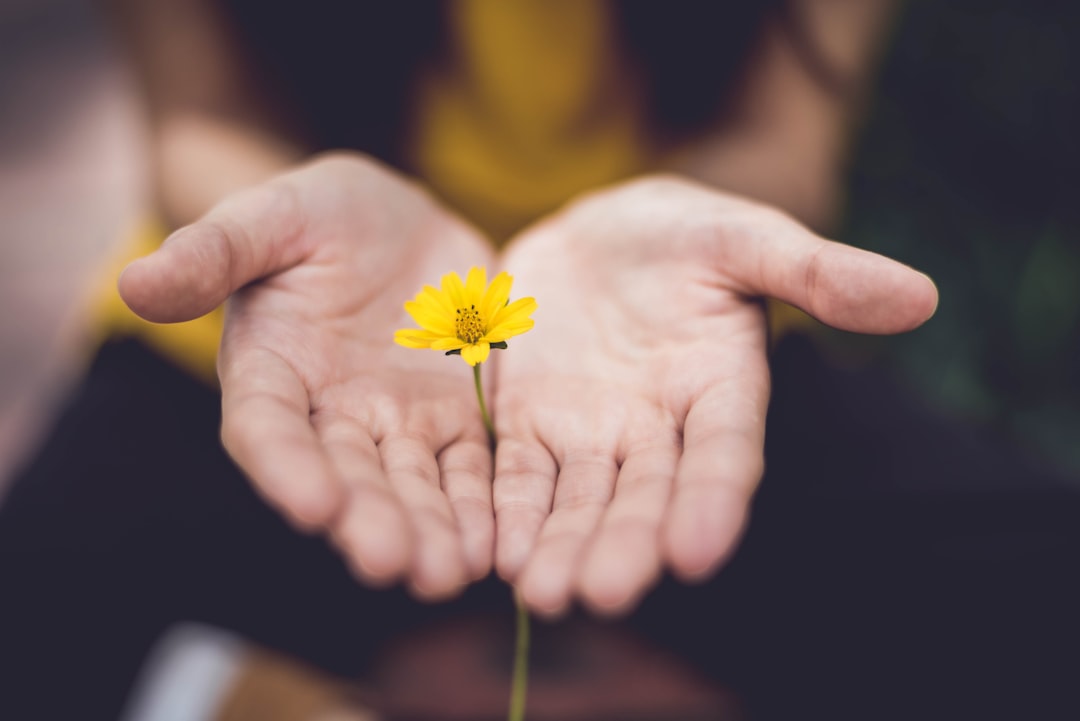
Capitalism offers a menu of options for “the perfect gift” to express our love, however, there are so many worthy causes that support the cancer community.
Is there an organization or non-profit in the comments below that has helped you or someone you love? I would love to hear about them and perhaps others will find support. Or a way to honor a friend instead of buying her another pair of socks.
I’ve known Louise Grape for almost 20 years and spending time with her is like being wrapped in one of the gorgeous items she designs for high end furniture companies – safe and cozy. Many years ago, I reluctantly attended a patient support group organized by Louise’s non-profit as part of a "Finding Your New Normal" program to support cancer patients transition back to life "after" cancer. It was my first support group, and I wasn’t sure what to expect.
In that church basement, my eyes were opened to what happened once cancer treatment was "over." Sitting in a circle on mismatched folding chairs, a dozen or so survivors shared their joy, hope, fear, dreams, tears, gratitude and frustration.
I sat in awe and humility listening to the remarkable breadth yet stunning similarity of the feelings despite the mix of demographics and treatments received. As the moderator closed the evening by inviting each to participate in a water ceremony, silent tears streamed down my face. This felt like a baptism. A cleansing. A sacred space.
The next morning, I processed my experience with our cancer center chaplain, "I never knew patients had so many feelings! What else can we do to support these people!?!?"
That evening coincided with my assignment to develop a survivorship program for our breast cancer patients. I had not intended to get caught up in survivorship. Indeed, it is the last place one expects a super-specialized, process-driven radiation oncologist like me, but those two events radicalized me to the notion that treatment did not end once the bell was rung. And for some, it never does. As many of you know, the real work is just beginning when you walk out the cancer center door.
Louise’s story, and mine by extension, does not start in Greensboro, North Carolina, however. It starts in New York around the time of the Civil War.
Artist Frank Vincent DuMond was born in Rochester, New York in 1865. He left New York at 23 to study Impressionist painting at the renowned Académie Juliane in Paris. Returning to the United States a few years later, he assimilated the French Impressionist style of painting into rural American landscapes. His students included Georgia O’Keefe and Norman Rockwell.
Another student was Arthur Maynard, member of the Hudson Valley artists and founder of The Art Barn in Ridgewood, New Jersey. A talented painter with degrees from Harvard and Princeton, Maynard gave up exhibitions of his own work in lieu of teaching hundreds of students during his 49-year tenure at The Art Barn (now known as the Ridgewood Art Institute.) Using the expression of light as a core tenet of painting, Maynard insisted that it was light that his students were painting, not the trees or the grass.
On a fall day in 1972, however, Arthur Maynard was on his hands and knees, searching for four leaf clovers. The girl next to him, Louise Grape, was only seven but she knew her mother was sick, and they needed all the luck they could find. Louise’s mother had recently returned home after undergoing a radical mastectomy for breast cancer at the age of 32. “She wore a bikini to the lake right after her surgery,” Louise recalled to me recently when we sat down to talk, “She was not afraid to hide who she was and what happened to her.”
Soon, however, the cancer returned. Her mother learned to drive the family car so that she could drive herself to radiation appointments. “[My sister and I] would walk around the corner to the pet store so we could look at the puppies and do that kind of thing while my mom was getting these horrible, barbaric treatments,” Louise remembered.
After her first surgery, neighbors flowed through their home, bearing food or toys for Louise and her sister. Each time their mother returned from a lengthy hospitalization; however, she was sicker, and people stayed away. “No one knew what to say. To her or to us,” remembered Louise, “except the artists.”
Unlike other friends and family, The Art Barn artists stayed with Louise and her family, setting up their easels in the living room, discussing art, nature, and beauty. Anything but cancer. It was on one of these visits that Louise found herself picking four leaf clovers with the patriarch of this artistic community, Arthur Maynard, while her mother and friends painted inside.
“I remember laying on the floor watching the sunlight come in and smelling the paint and seeing them engaged and working and planning events and art shows and sharing with other people. They weren't afraid of being around my mom because they had other things to talk about. It wasn't, how are you? Oh, it was, hey, let's talk about that painting you're working on.”
“For her last surgery, I was too little to go up to the room. You had to be 11 or 12 or something, you know, otherwise you were gonna be like running amok or something. So, my dad and my sister would go up to the room and I would have to sit in the lobby of the hospital by myself and just kind of wait it out. And then one day, my dad came down the elevator and called me over. He said, you can come upstairs this time. When I got up there, I immediately knew something was wrong. I think when you're little, you have intuition and you don't really have knowledge yet to be afraid of something because it's just, oh, there it is. My impression immediately was this was not good.”
“Driving home that night in our 1963 Plymouth Valiant, it was very dark. And I just looked at my father and I said, Mom's gonna die, isn't she? Just like that. And my dad lost it. He pulled the car over to the side of the road and he was crying so hard. And I just sat there looking at him and when he could compose himself, all he said was we're gonna need a miracle. And that was it. That's as much as was said. And then my mother basically was home and we had to get the local fire department to come to bring a hospital bed.”
Since Louise’s grandmother had died long before she was born, the thought of cancer hung over her childhood. “It was always there. I don't remember the idea or a conversation about cancer not being part of my life.” So, when her mother died on a Saturday morning, you might have thought that this family would have been prepared.
“My father had us go back to school on Monday. We went right back to school. And I remember they had a kid who usually took the attendance down to the office, like in our class, and all of a sudden, they asked me to do it. And so, I went and did it. And when I got back, everything was different. Everybody looked at me when I walked back in because they told the whole class while I was gone.”
After that first day back at school, her father sat Louise and her sister down and asked them which relative they wanted to live with if something happened to him. She told him she thought it would be cool to live with an uncle in Phoenix. “And he then just made it clear. He said, don't you ever let anyone feel sorry for you. And that was as much as he ever said until I got cancer when I was 34. He never said anything ever again. They didn't know how to handle it. We never had a social worker. We never had anyone.”
It is not surprising that the child who had no one went on to start a non-profit to support cancer survivors and those around them. In culture and in space, Louise re-created the artistic community that supported her mother. And for 16 years she has been providing support first in our community and now with virtual offerings, around the world. I am certain that I would not have entered the world of survivorship without Hirsch Wellness and have been a longtime supporter of their mission.
It is difficult in the moment sometimes to realize when your life's calling is being laid in front of you. The faraway close of a classroom door leading to a shift in where my feet landed.
It wasn't until I started writing my book and interviewing Louise that I realized why cancer survivorship mattered so much to me in the beginning.
My work in survivorship started with a mother who wore a bathing suit to the lake after her radical mastectomy and her little girl who experienced the deep love of artists.
What organizations have supported you? What people do you remember being around like the artists? I’d be honored to hear your stories below.
You can support Hirsch Wellness this Tuesday by clicking here. Or also learn about their awesome programs here which are free and open to everyone impacted by cancer.
On my mind…
Joy
by Donna Ashworth
Joy does not arrive with a fanfare, on a red carpet strewn with the flowers of a perfect life. Joy sneaks in as you pour a cup of coffee, watching the sun hit your favorite tree, just right. And you usher joy away, because you are not ready for it. Your house is not as it must be, for such a distinguished guest. But joy cares nothing for your messy home, or your bank-balance, or your waistline you see. Joy is supposed to slither through the cracks of your imperfect life, That's how joy works. You cannot invite her, you can only be ready when she appears. And hug her with meaning, because in this very moment, Joy chose you.






